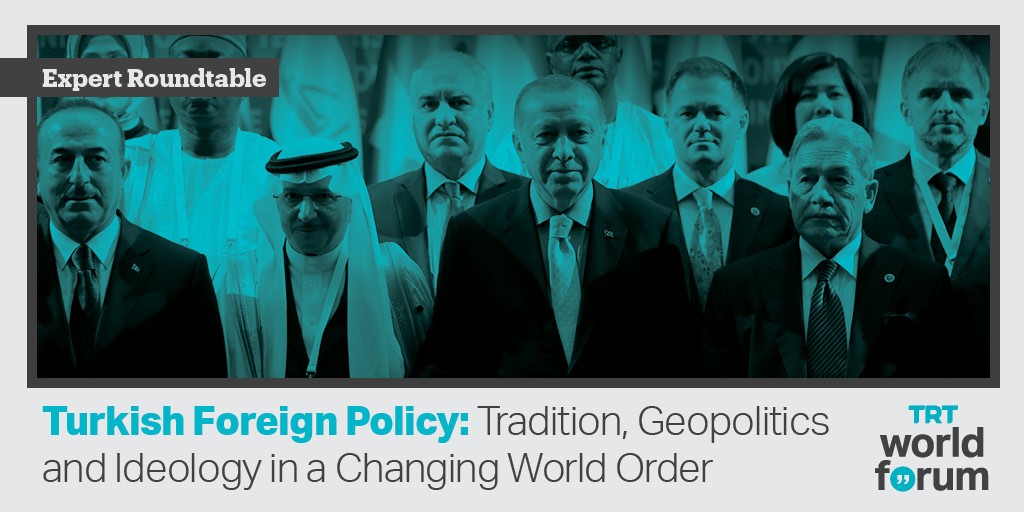The international system is in the process of a profound transformation as the US-led world order continues to be challenged by emerging powers. The unipolar moment captured by the US after the Cold War has been steadily eroding as the distribution of power across the globe has started tilting in favour of multipolarity. The epicentre of international politics has begun shifting away from the West towards the East and China and Russia in particular, who, with their growing economic and military capabilities, are contesting the core principles of the liberal world order.
Transition periods where a hegemonic power is challenged by an emerging power provide middle and regional powers with new opportunities in their foreign policy orientation as emerging regional and global power vacuums increase their manoeuvring capabilities. On the other hand, these periods also come with new challenges as aspiring regional states might become more assertive and ambitious given the reduced constraints on the international security environment.
Turkey, as a regional power, faces related challenges and opportunities. This period of change provides Turkey with advantages to diversify its diplomatic, economic and security relations and establish new partnerships. Yet, Turkey also faces security challenges in its region thanks to the increasing assertiveness of both state and non-state actors as witnessed in Syria, Libya and the East Mediterranean. Against this backdrop, this session will discuss the future of Turkish foreign policy with a specific focus on Turkey’s unique geopolitical and cultural position.
